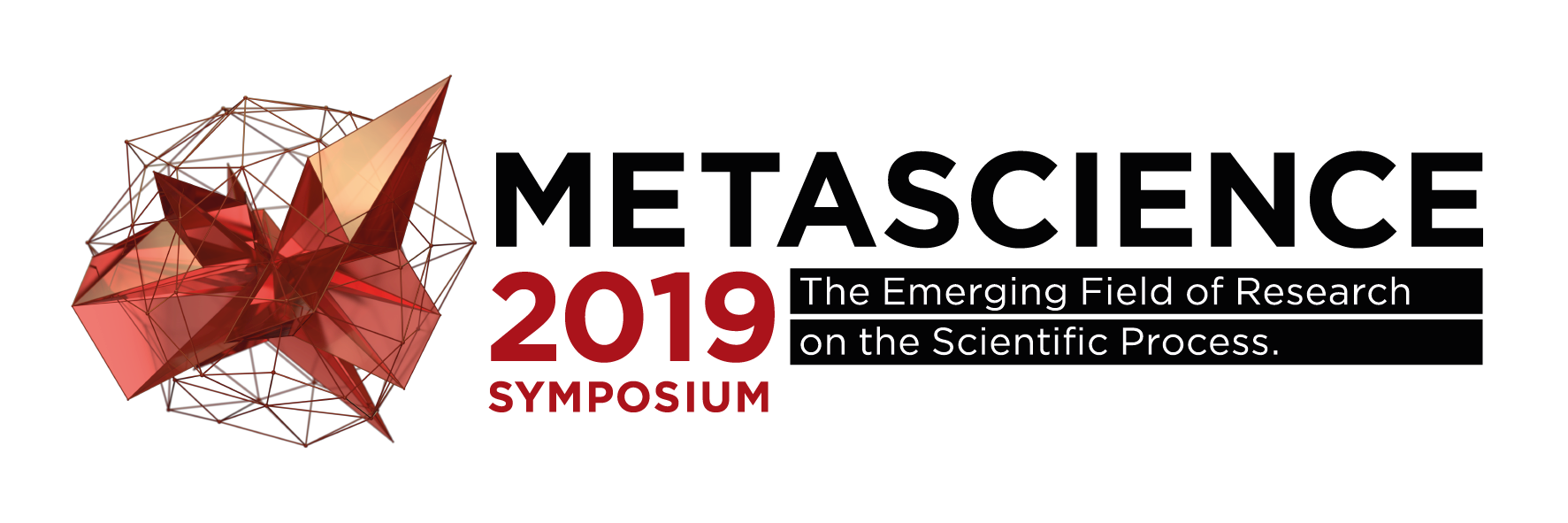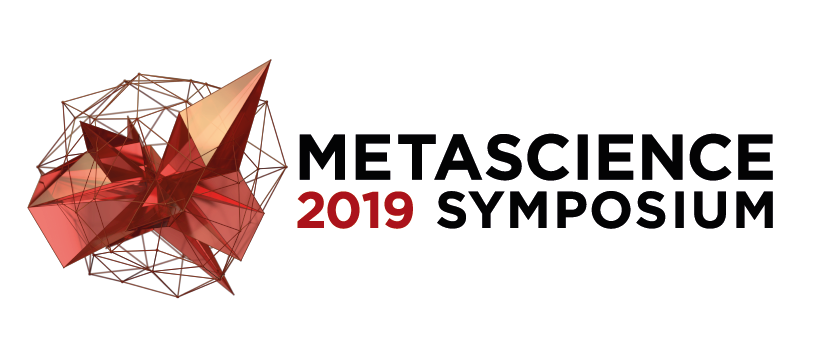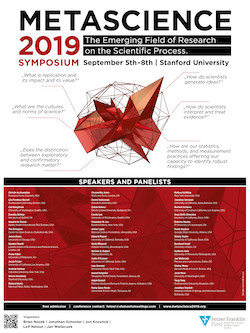Daniele Fanelli
London School of Economic, UK
Go to her biography
Low reproducibility as divergent information: A K-theory analysis of reproducibility studies
This talk will illustrate how reproducilbility and replication in science can be studied using and a new theory and methodology called K-theory. Based on a classic and algorithmic information theory, K-theory is a candidate theoretical framework for metascience, which offers elegant mathematical answers to “big” meta-scientific questions including ‘how much know- ledge is attained by a research field?’, ‘how rapidly is a field making progress?’, ‘what is the expected repro- ducibility of a result?’, ‘how much knowledge is lost from scientific bias and misconduct?’, ‘what do we mean by soft science?’, and ‘what demarcates a pseu- doscience?’ (see https://doi.org/10.1098/rsos.181055). We will briefly introduce K-theory, then look at how the theory understands reproducibility and what predictions it makes, and then present results of a “K-analysis” of reproducibility data in psychology.




